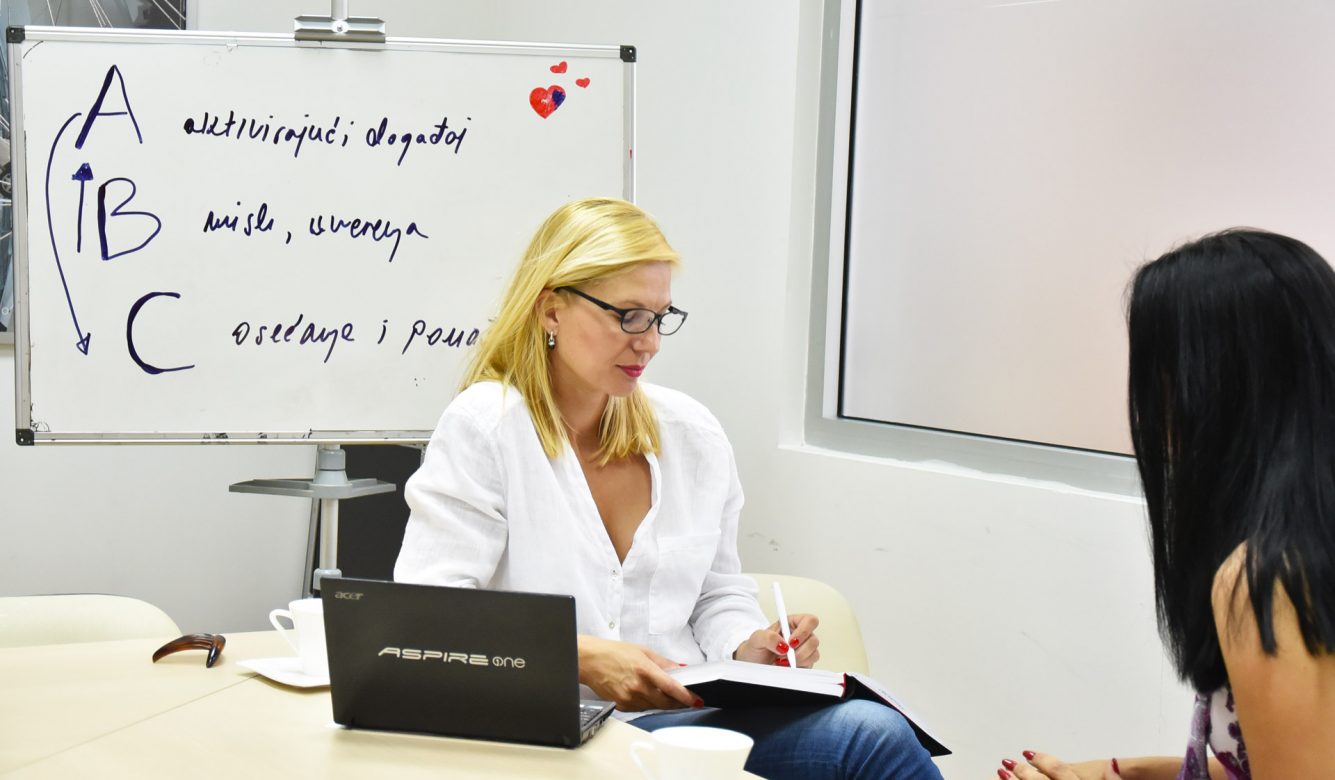When we are faced with a reduced chance of conceiving naturally, this can be one of the greatest challenges in life. Many couples, and women more likely, experience this as a kind of shock that inevitably results in changes in their behaviour and the way in which the person reacted to that time.
– Almost without exception, I hear clients’ statements similar to this: “… I am no longer the same person. I used to be very strong, I cannot stand it, bear it, or accept it,” Olivera Stojšić, a psychologist, and an associate of specialised gynaecological hospital” Genesis “, says.
– Sensitivity, apathy, a feeling of complete helplessness, irritability, anxiety, depression, feeling that our environment does not provide enough support, self-pity are very common symptoms that people in these situations have. Their attention is usually only focused on the problem, they withdraw into themselves, lose contact with friends and family, they feel sadness, anger and guilt, and they keep looking for answers on the Internet, in books or articles on in vitro fertilization, Olivera says.

This is precisely the moment when you need to open the door to psychological counselling centre. Support intended for couples who are in the process of infertility treatment and in vitro fertilization in our hospital is provided through therapeutic work based on REBT (Rational emotive behavioural therapy) principles, in which clients learn to understand that they upset themselves with their inner speech and irrational beliefs.
In this process they also learn how to examine and actively modify these inner sentences and beliefs, which leads to a rapid and lasting positive change. This inevitably strengthens them and results in greater emotional stability.
What does psychological counselling actually look like?
The first meeting is aimed at reducing the intensity of emotions and changing irrational (self-devastating) beliefs that cause them. With the help of REBT therapy, which includes conversation, clients are changing their way of thinking, the angle from which they perceive things and they are starting to accept the situation in which there are problems they are all of a sudden confronted, and this is the first step towards solving this or any other challenge, Stojšić emphasizes.
During the therapeutic process, a person goes through three stages, i.e. through the acquisition of three insights. The first is that things in themselves are not causes of human suffering, but the way in which people interpret them. Our feelings and behaviour are not caused by past or present events but by our irrational beliefs about them.
The second insight is that the change comes when the thoughts that cause emotional problems are replaced by rational thoughts.
Disorders in emotional functioning do not last half an hour, not even ten minutes and they do not occur only when the triggering events are present, but once they have established, they can last for several months. They are the result of continuous self-preaching harmful thoughts. If patients confront their beliefs diligently and persistently, they will have a chance to change them, and thus become less upset and become emotionally stable. This is the third insight that couples acquire during the therapy, Olivera says. She emphasizes that it is most important that people recognize emotional problems as significant blockades in order to motivate themselves to solve them.
How many appointments are necessary during the process?
What differentiates REBT therapy from other psychotherapeutic methods is its psychoeducational character, i.e. during this therapy the focus is on enabling the client to immediately become their best therapists. Time is not wasted on determining how this twisted way of thinking emerged in the first place, however, more emphasis is placed on how it influences their disturbed emotional state, Olivera says, adding that a change occurs when the client focuses on the processes that in the present moment influence the problem, and not on those which may have led to its development many years ago. However, this does not mean that cognitive therapy reduces the significance of past experiences and unconscious process in developing problems.
It takes 5 – 10 meeting to learn REBT techniques, and once the person has constructed some useful self-assisting beliefs, s/he needs to repeat them to herself/himself, and at the same time s/he needs to have feelings, behaviour patterns, and conclusions that are consistent with that belief, Olivera says.
How important is that the couple attends the counselling, not just the wife?
– In my job, I meet supportive partners, with a healthy life philosophy regarding the situation the couple is facing. Their partners recognize them as such, but unfortunately partner is not sufficient authority to influence them. The therapy focuses on the emotional responsibility of the individual and the way s/he will behave and feel, therefore the therapy does not nourish the dependency between partners, but it deals with the emotional responsibility of the individual. The presence of the partner is not necessary, but the partner’s support and awareness of the therapy is preferable.
Why do sometimes couples refuse to go to this kind of counselling?
– One reason is the belief that they can cope with the emotional blockages alone, which often spontaneously deepens and prolongs their suffering. Sometimes the obstacle is lack of information about how psychotherapy really works, resulting in forming prejudices about going to psychotherapist. Also, due to costs of the IVF procedure, the priority is given to the treatment. However, if patients pay the necessary attention to their mental, emotional and spiritual health, this can greatly contribute to the rapid realization of their desire for children, as well as to reducing the total cost of treatment, Olivera says.
In order to help us in the process, our closest family members and friends often say that everything will be fine. And they do not realise that by saying this they emphasise that a potential failure is “terrible”. The therapy helps patients to understand even such an outcome, to accept it, learn to handle it and to learn to overcome any frustration from this experience. To have positive opinion about themselves, to appreciate everything they already have, and to see other possible options.
For any further information on the work of our psychological counselling centre, time when you can make an appointment, call: +381 21549444, +381 21549777, +381 60549444 1






